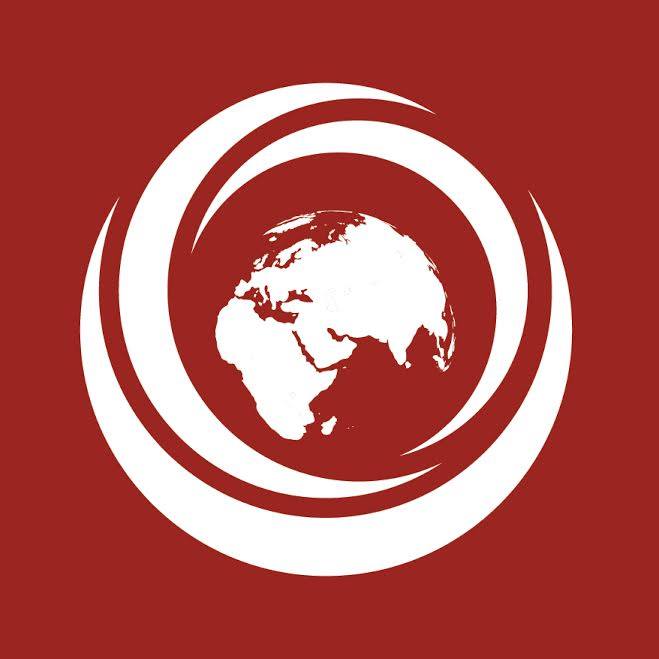As Iran Allows the UN Access to Suspected Nuclear Sites, Its Uranium Stockpile Is Growing
Javad Zarif, Iran’s foreign minister, right, and Rafael Grossi, head of the International Atomic Energy Agency, left, meeting in Tehran, Aug. 25, 2020. Iran agreed to allow the agency access to possible nuclear sites even as it has accumulated 10 times the amount of low-enriched uranium permitted in the 2015 nuclear deal.


